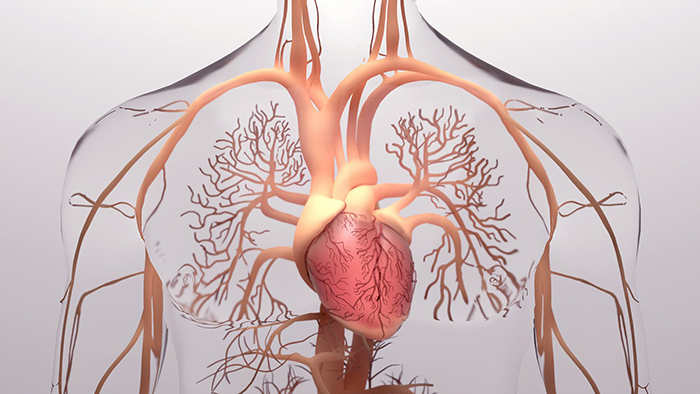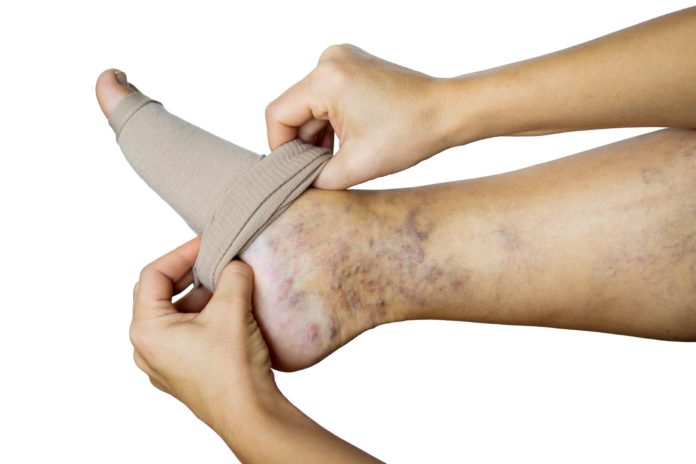The Role of Genetics in Varicose Veins
Heredity is one of the most important risk factors for developing varicose veins. If a close family member has varicose veins, that’s a good indication you have a strong genetic predisposition to develop varicose veins. In fact, in one small study, more than half of women with varicose veins had a parent with varicose veins, too. Heredity may also be a key factor in the occurrence of varicose veins in pregnant women and among younger patients (in their 20s or younger).
So, just how do genetics affect your likelihood of having varicose veins?
- Valve irregularities – People inherit problems such as having too few valves or valves that are weak and do not function properly.
- Vein wall conditions – People may be born with abnormalities of the vein wall. The resulting weakness may predispose the valves to separate and become leaky.
Preventing Varicose Veins
If you have a predisposition to varicose veins, you can make lifestyle changes that may prevent the occurrence of varicose veins or minimize the discomfort they cause.
- Keep your legs strong and in good shape. Walking and exercising promotes good circulation so that the blood in your legs gets pumped back up to your heart.
- Adopt a healthy diet. Excess weight can contribute to the formation of varicose veins. Eating a low-salt diet helps prevent water retention and leg swelling.
- Wear medium, graduated-compression hose daily, especially if you spend a lot of time on your feet. Compression hose will do wonders at preventing the development and/or progression of varicose veins.
Treatment for Varicose Veins
If lifestyle changes are not effective at preventing varicose veins or do not provide the relief you need from the discomfort they cause, it may be time to see your doctor and get an evaluation.
There are a variety of effective treatment options available for varicose veins, including vein ablation, a minimally invasive office-based procedure. And most treatments are covered in part or whole by insurance. Get more information about our treatments.
To learn more about how we can help you, call Emory Vein Center at 404-531-7207 or make an appointment today.
About Emory Vein Center
Emory Vein Center offers comprehensive treatment for varicose veins by board-certified vascular surgeons. Our physicians are fellowship-trained and specialize exclusively in the treatment of vascular disease. Emory Healthcare offers many therapies to help relieve pain and minimize the appearance of varicose veins. Together, we’ll find the right approach for you.




